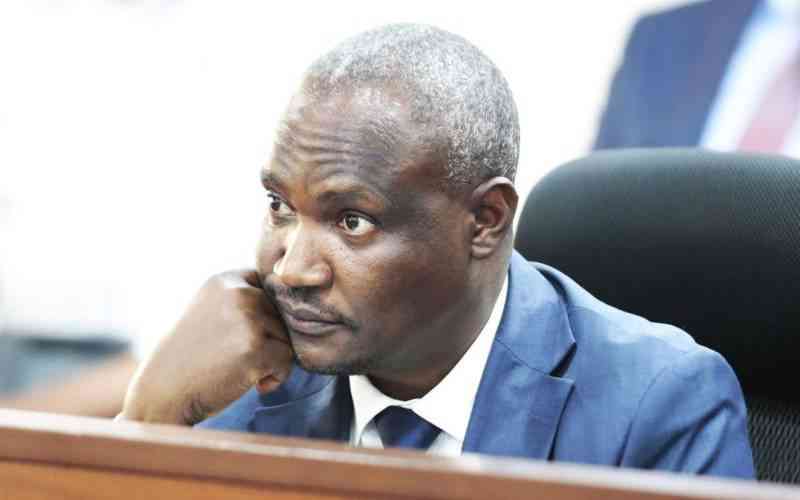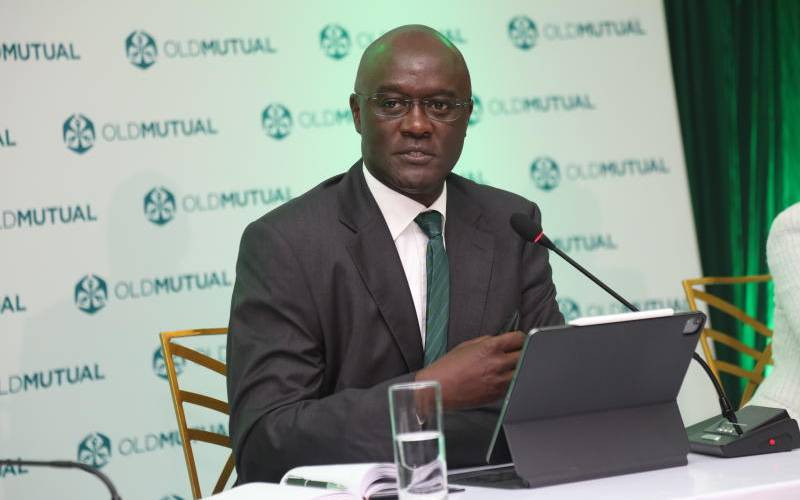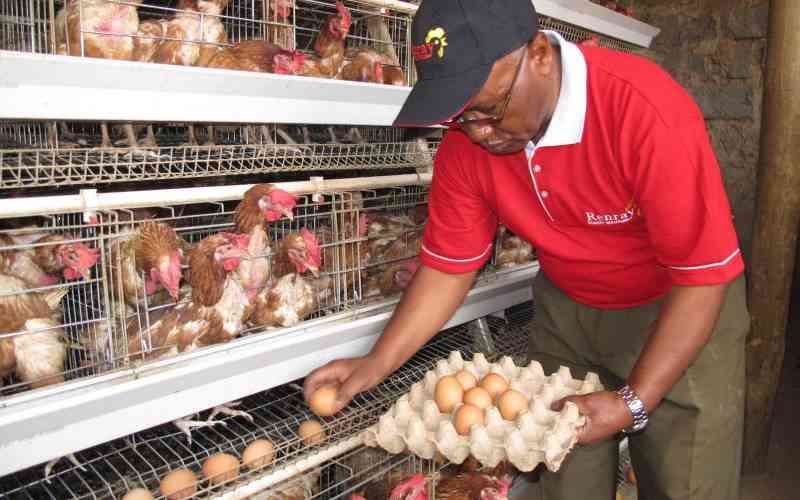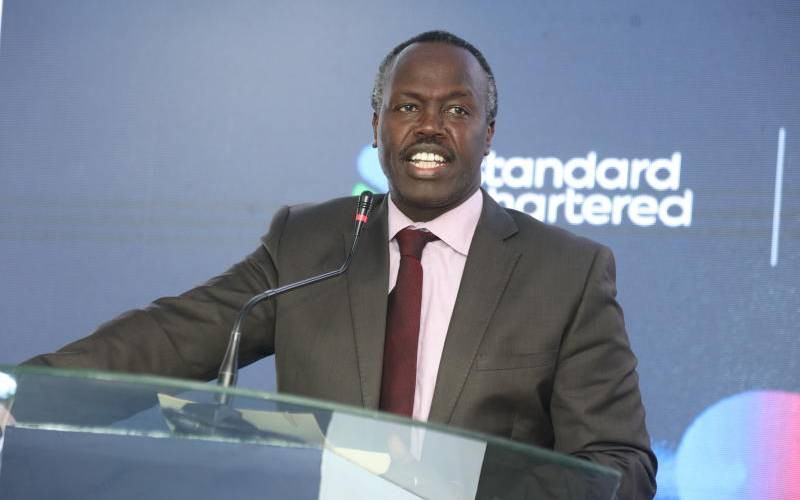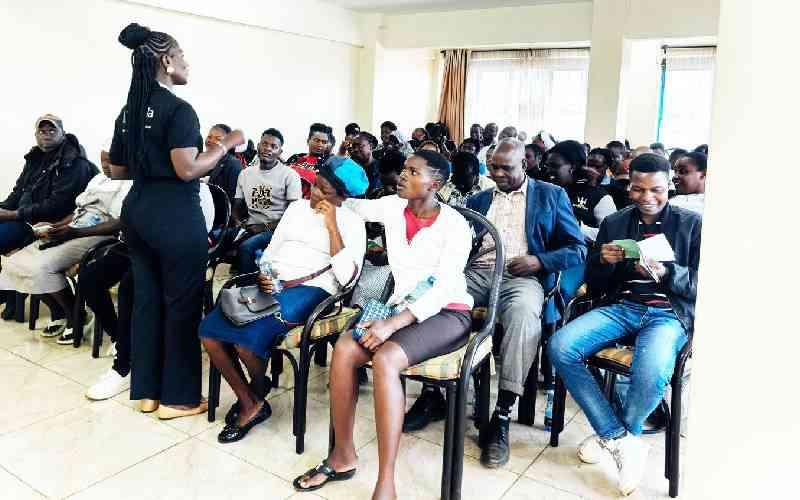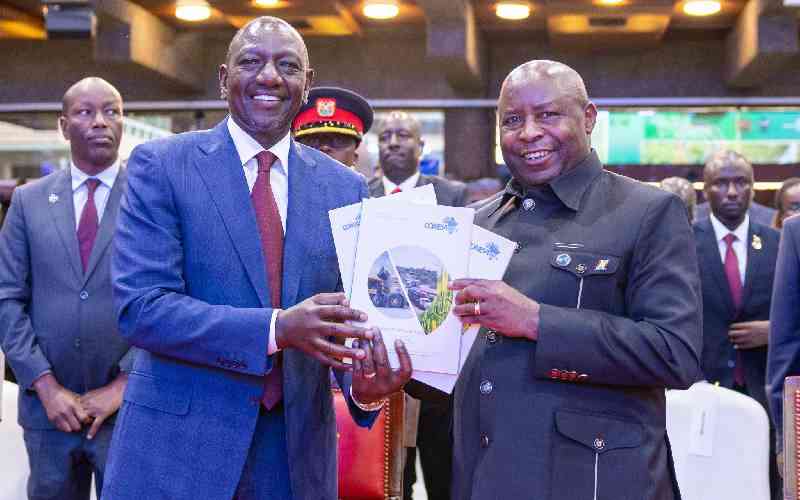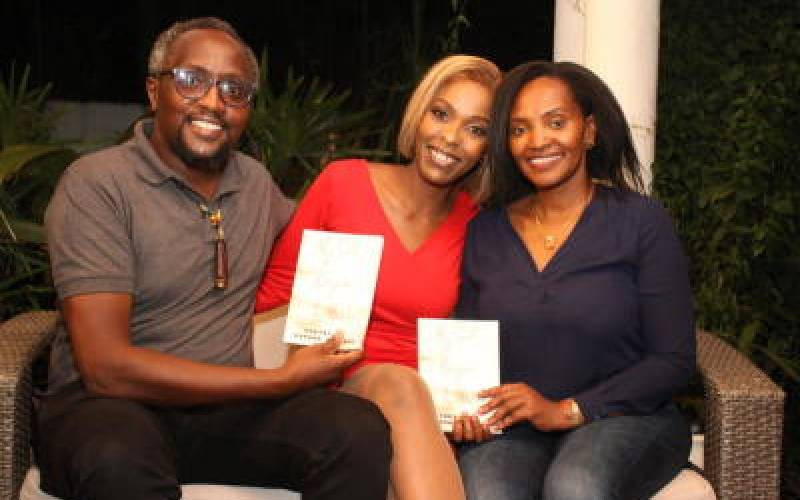
Linguists have differed on many things, but they are unanimous that no language is primitive or superior to another. From Edward Sapir, an American linguist of German-Jewish descent who did impressive research among Native Indigenous American communities and taught at Yale, to Ngugi wa Thiong’o, who wove an impassioned case for decolonising speech by upholding the dignity of African languages in an imperialist world, to the father of modern linguistics himself, Noam Chomsky, and his explanation that all languages share the same innate basic structure, they all agree that any language, from Kimbeere to French to German and back to Eastlands’ ever-growing Sheng, has within its corpus the resources it needs to express meaning and communicate.
Urban games
And this brings me to Nairobi, where Sheng – a combination of Swahili, English and Kenyan ethnic languages – has been spawning new terms every waking day. One of the latest of these highly contextualised turns of phrase is michezo ya town (urban games). It captures the resurgence of crimes and fraud committed to make quick money by dishonest means. Hardly edifying, it risks normalising such acts as having your drink spiked before your phone, money and other valuables vanish into thin air.
A bachelor, wallet healthy with salary, perches himself atop a high stool – famously called sina taabu (it means “I have no problems” in Nairobi lingo). The young man orders a drink that costs more than his rent. This attracts attention from someone seated in a corner, sipping a lone soda for hours, who warms her way into the young man’s tipsy heart. By morning, the young man is seen outside his near-empty flat, confused and rummaging in his pocket for his car (sic), asking everyone whether they have seen anyone “moving houses.”
There are also many cases of smartphone heists, where young tech-savvy thugs take over your phone and start asking your contacts for money, sometimes leaving you with huge debts you took no part in incurring.
These town games extend to dangerous places, such as cheating in exams and using shortcuts to get academic papers, especially where advanced qualifications translate into more opportunities for promotion and a pay rise. This has created a situation where, before you pay for anything, you have to be double sure you are not paying for air, like many Kenyans abroad who send money back home for a house, only to find that their life savings were spent in an urban game gone rural.
These town games, I want to argue, are also reflected in the way we privilege certain professions over others. It is obvious, for instance, why a degree in Supply Chain Management and Procurement is more popular in Africa than a Bachelor of Education.
Initially, learning was one, natural philosophy. It was then split into natural sciences, social sciences and the liberal arts; not because these divisions could exist as independent silos, but to enable focused research and innovation.
Today, we largely believe that you are either good at the sciences or at the arts, never both. This, even as scientists themselves argue that human consciousness, hardly a natural science, is an indispensable factor even in very advanced experiments in the sciences, particularly quantum mechanics.
Today, even the old notion that journalists are poor at figures is collapsing, as more data scientists, numeracy editors, web developers and other cadres from the “pure science” side become an elementary part of the modern digital newsroom.
Working at a publishing firm that has distinguished itself with dictionary production, I was blown away by how scientists and artists work together, and why it would be better to understand a bit of both the world of science and the world of art.
In the production of an online dictionary, the scientific side manifests through rigorous processes of linguistic data collection, corpus analysis, algorithmic design and semantic precision that ensure accuracy, consistency and usability.
Yet these technical procedures alone cannot make a dictionary come alive. The art emerges in the selection of examples and the rhythm of definitions. It also lives in the visual architecture of the interface and the intuitive flow that makes users feel guided rather than instructed.
Crafting meaning for digital readers demands sensitivity to tone, metaphor, typography and cultural nuance, all of which belong to the realm of art. In this way, the online dictionary becomes not merely a technological tool but a crafted experience, a space where scientific structure and artistic expression coalesce to illuminate language itself.
Stay informed. Subscribe to our newsletter
Fiction unites
What am I saying? That we should never specialise? No. Merely that, even as we focus on areas between science and the arts where we are competent and gifted, we must never forget that learning is only useful if it improves lives. We have no separate lives for scientists and another set of life experiences specially tailored for the arts. We live in the same world. And nothing paints this unified world better than the world of fiction.
Best-selling author Tess Gerritsen is a medical doctor who crafts mystery thrillers infused with the realism of her clinical experience, allowing readers to learn about the human body and forensics even as they immerse themselves in pure literary bliss.
Tom Clancy, the celebrated techno-thriller writer, could not join the military due to poor eyesight, yet he has given the reading world riveting thrillers such as The Hunt for Red October and The Bear and the Dragon, a scrumptious cocktail blending an inimitable mastery of military hardware, geopolitics, espionage and literary finesse.
Perhaps it is time we tapped literary talent from all technical backgrounds. We would then get a fuller mirror image of who we are. For the divisions we see are really an illusion on a global level, a Nairobi town game writ large.
